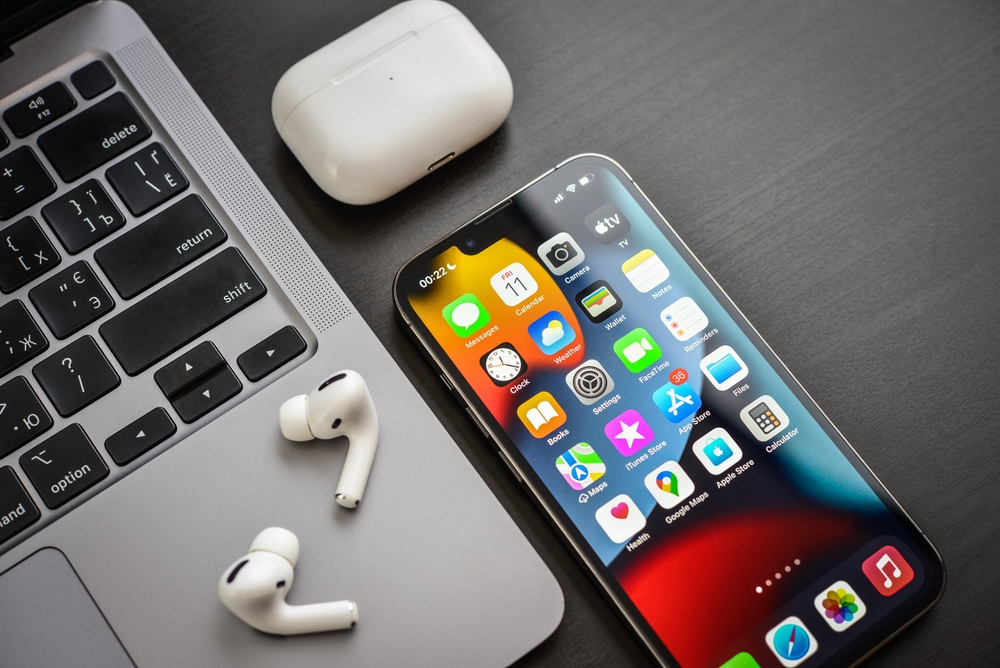Trump’s Tariffs vs. Apple: Will Your Next iPhone Cost More?
President Donald Trump's recent implementation of substantial tariffs on imports from key trading partners, notably a 54% tariff on Chinese goods, is poised to significantly impact Apple Inc., given its reliance on Chinese manufacturing.
In early April 2025, President Donald Trump announced significant tariffs on imports from major Asian trading partners, including a 54% tariff on Chinese goods, 46% on Vietnamese products, and 26% on Indian imports.

Impact on Apple's Supply Chain
Apple's production strategy heavily depends on Chinese facilities for assembling products like iPhones, iPads, and MacBooks. The newly imposed tariffs are expected to increase production costs, potentially leading to higher consumer prices or reduced profit margins. Analysts have indicated that U.S.-made iPhones could see price increases of 30-40%, potentially reaching up to $3,500 per unit reported by Business Insider.
Market Reaction
Following the tariff announcement, Apple's stock experienced a significant decline, dropping over 9% in a single day and resulting in a market value loss of approximately $311 billion according to the New York Post . This downturn reflects investor concerns about the tariffs' potential to disrupt Apple's supply chain and financial performance.
Related: Scotch Whisky Prices Surge Amid New U.S. Tariffs
Related: How 2025 Tariffs Are Reshaping U.S. Industries and Companies

Potential Strategies for Apple
To mitigate the impact of these tariffs, Apple may consider several approaches:
-
Diversifying Manufacturing Locations: Shifting production to countries not affected by the tariffs, such as India or Vietnam, could help reduce tariff-related costs.
-
Negotiating with Suppliers: Apple might seek to renegotiate terms with its suppliers to share the increased costs resulting from the tariffs.
-
Absorbing Costs or Adjusting Pricing: The company faces the decision of whether to absorb the additional costs, impacting profit margins, or pass them on to consumers through higher product prices.
Broader Implications
The tariffs not only affect Apple but also have wider ramifications for the tech industry and global trade dynamics. Companies with extensive international supply chains may need to reassess their strategies to navigate the evolving trade environment.

Tim Cook, CEO of Apple
Conclusion
With already high prices on products like the iPhone and MacBook, the tariffs will make Apple’s devices even more out of reach for many consumers, especially those already struggling with rising costs. If Apple chooses to pass the tariff costs onto customers, it could alienate a significant portion of its user base. However, if the company absorbs the costs, it risks taking a hit to its profit margins.









